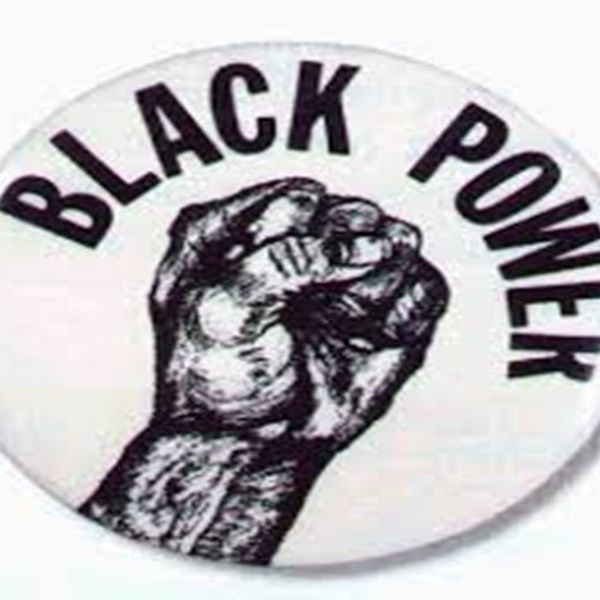I represent a new emerging generation of Black masculinity. I am a result of the experiences my father, grandfather, and great grandfather lived as Black men.
I have numerous times been in a room with other Black men where I am the youngest member present. I find it very rewarding to listen to the experiences older Black men have had and they find it interesting when I reveal to them that some of the same thoughts and experiences still occur. From going to the barbershop to playing basketball to graduating college, the spectrum of the Black male experience is constantly changing.
Every young African American male has a story. But how many of us know them? How many of us know their story of success, of failure, of redemption, of disillusionment? How many of those stories get told?
We live in a time where the image of African American male is in constant discussion. From the election of the first Black president to #BlackLivesMatter, we are entering a new arena of research and analysis of the role of Black men in America.
Some have argued the election of Barack Obama was the beginning of this new arena. It was inconceivable to think an African American male would be elected as President. In the almost decade since, we have seen interesting revelations about the lives of Black men in America.
Aside from President Obama, Lebron James, and Jay-Z, what other images of Black masculinity are there? Of all the different images there are, which are the ones we socially and culturally accept? And lastly, what work is being done to transform the cultural landscape these images exist in?
While there have been research done through different avenues set up in various disciplines such as Sociology, History, Communication Studies, and more, the study of Black men is in need of its own research avenue. While the mainstream research avenue has been known to showcase recurring themes in Black Masculinity, recent occurrences in our current events have prompted new areas of research to emerge. More research should aim to diversify findings and theories behind how Black men express themselves.
Cultural Commentators such as Marc Lemont Hill and Tavis Smiley have had large discussions over the role popular culture plays. Actors and Activists such as Jesse Williams have used their platform to speak out explicitly on the direction we are heading. One can only hope is from all these conversations being held; new research and new avenues are being formed. Emerging right before our eyes is a research paradigm for the Black male experience.
Going to the barbershop, playing basketball, attending and graduating college, career & vocational experiences; these can all be prospective research sites that can uncover some cutting- edge new findings.





















